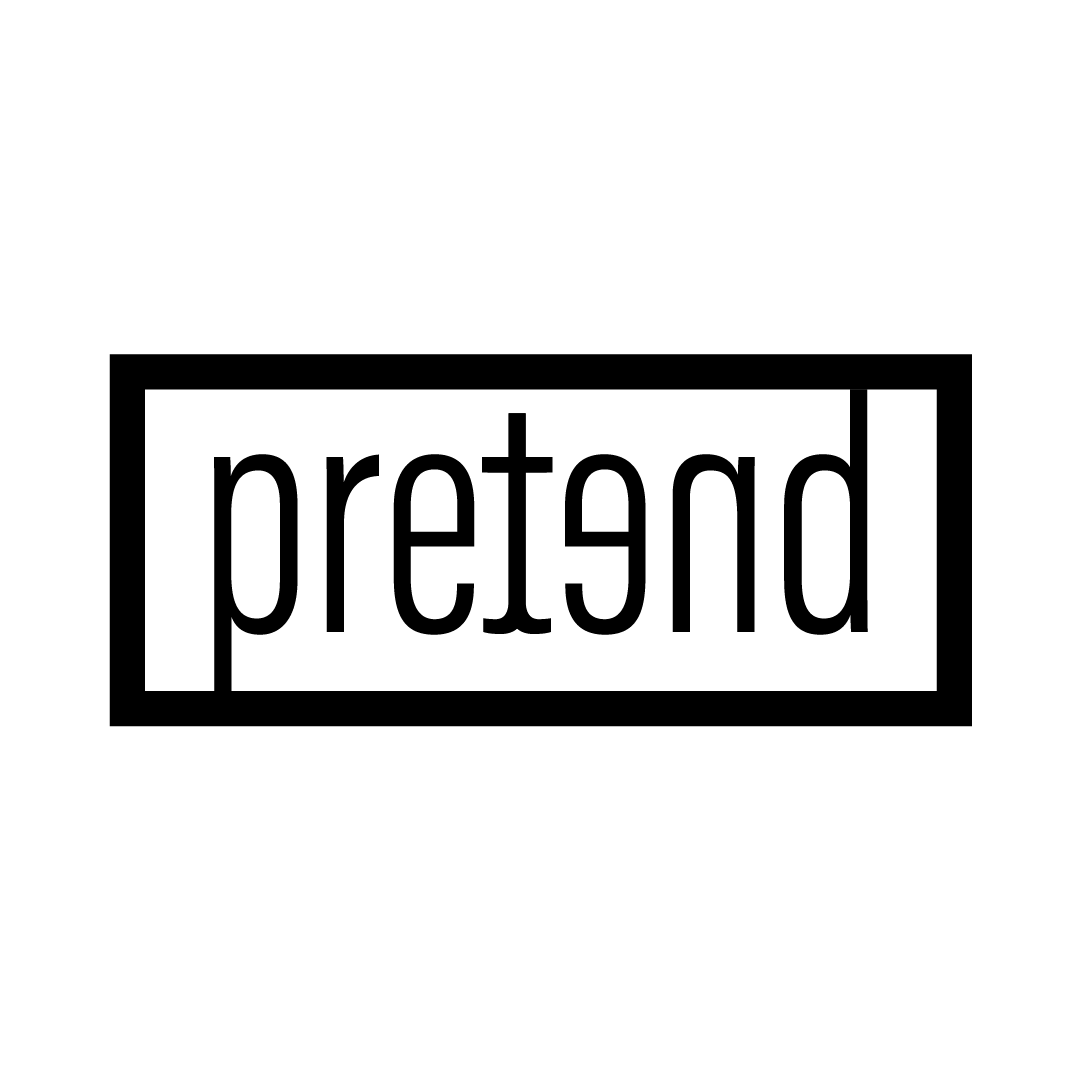Ra Gerra discuss their new album, remote collaboration, and the emergence of the Limerick hip-hop scene
Pretend is put together by a team of volunteers and we’re looking to grow what we do. If you enjoy Pretend and want to see us thrive in the coming years then please consider supporting us on Patreon.
Become a Patron!The city of Limerick in Ireland might seem like an unlikely location for a musical revolution, but a vanguard of artists have planted the city firmly on the map of the blossoming Irish music scene. A rich culture of collaboration and a golden generation of talent has propelled the Limerick sound past the city’s boundaries and towards much-deserved recognition around the world.
MuRli is one of the city’s leading lights. In 2014, alongside fellow Limerick-based artists God Knows and MynameisjOhn, MuRli formed Rusangano Family, a group that demanded the attention of music fans in Ireland with electric samples, heavy breaks, and razor-sharp lyricism. Since winning the Choice Music Prize in 2016 with the Rusangano Family album Let the Dead Bury the Dead, MuRli has been involved in a whirlwind of projects, linking up with Denise Chaila, God Knows and frequent collaborator Denise Chaila to name but a few.
MuRli’s most recent releases are filed under Ra Gerra, which came about from a joining of forces with Irish electronic producer Kobina. Fresh off the back of his own solo EP Four Poems, Kobina (AKA Sean Arthur), reached out in 2019 after hearing MuRli’s The Intangibles LP. As Sean describes, “I’d been a fan of his for ages, but some Friday evening, maybe had a beer of courage in me or something, I thought I’ll send him these beats and see if he responds”.
MuRli did respond, sending back a trio of tracks built around the “challenging” instrumentals Sean had crafted. After knocking ideas back and forth over twitter in a game of musical tennis, the pair found themselves, somewhat unexpectedly, with an album’s worth of material. “When you work with a mate, you’re always trying to one up one another, in a positive, competitive way”, Sean explains. “He probably thinks I’m gonna send him his type of beat, so I’ll send him something else […] there was a moment when we were 11 songs deep – is this an album?”
The resulting LP, New Vessels, is an extremely varied listen that is a clear break from both of the artists’ back catalogues. Sean’s beats take inspiration from a spectrum of genres, swinging from melodic hip-hop sounds to an epic shoegaze/krautrock marriage on new single Pressure. The vocal delivery is equally as diverse and intriguing, sections of heavy autotune are contrasted with straight-up poetry. MuRli discusses why these characteristics developed, “When I’m making my own beats, there’s a certain lane that I find myself in a lot of the time, his lane is totally different. If I approach this with an open mind, and forget about what I do as “MuRli”, I can be reborn.”
One of the most interesting aspects of the Ra Gerra project is that Sean and MuRli have never properly met in person. In 2019, whilst most of the tracks were being recorded, MuRli was travelling across Europe and America – at one point crafting a makeshift studio in a Cuban hotel room. Meanwhile, Sean was living in Amsterdam, where he’s still based. Despite making the album long before any pandemic lockdowns, Ra Gerra was a foretelling example of the remote collaborations that we’ve become all too accustomed to over the last year. Some of the themes of the album – reflection, uncertainty and perhaps self-criticism – are also eerily reminiscent of some of the experiences that the lockdowns have fostered for lots of people.
In many ways, the record has grown into itself, and taken on new meanings within the context of the past year, but as MuRli explains, ideas of uncertainty and contemplation aren’t particularly novel to him as a musician. “The troubles and insecurities of covid might be “new” if you look at it on a general level, but on a personal level that’s not new to me as an artist – trying to get myself out there in a world where you might be different from what most people expect”. Sean contributes a similar notion, “The lens that you see it through is different but it’s the same thing over time. You can apply this to the recession that hit us in 2011, we were all totally fucked in Ireland at the time”.
The 2011 recession is just one of a number of factors that Irish musicians and creatives have had to contend with. Irish art is conducted against an intense political background, not least perpetuated by Britain’s continuing occupation of the North of Ireland. The Irish government itself provides little incentive to commit to a creative career, offering limited funding and upholding of supportive structures. Impressively, it seems as though these circumstances have done nothing to stem the flow of creatively on the island.
The culture of collaboration that exists in Ireland is no doubt a direct pushback against many of these ideas. MuRli himself is currently involved in a number of projects, mainly with other artists from his hometown. “I probably wouldn’t make music without collaboration. There’s something that happens when you get in a room with different artists, especially if they’re not like you. I’m proud of my [Limerick] scene, we’ve come a long way. We had this bad rep for so long and all of a sudden there was this sort of musical explosion and it happened throughout the arts as well. It’s been happening for years, but people are starting to ask now – how come there are so many great acts coming out of Limerick? No, it’s been like that for ages – you were just scared of Limerick”.
MuRli and Sean are also keen to give their support for other artists operating in Ireland. “I’m always so proud of Irish artists, even if I don’t know them, when I see them get some recognition”, Sean says. “The governmental structures in Ireland, they do everything they can to stifle creativity. Making a living is not sustainable for so many. When people succeed, they succeed in spite of the fact that the government exists, not because the government exists”.
When Irish artists do manage to find success and recognition away from Ireland, the music press is quick to lazily package them together with other acts from the country. Considering the vast range of cultures, accents, and backgrounds that exist in Ireland, a pigeon hole approach isn’t going to cut it. Sean points to the recent breakthrough of Fontaines DC as an example, “When the media sees a bunch of things that are similar, it’s easy to put them together and package them for the rest of the world. When the Fontaines came out, this scene was created hypothetically around them”. These desperate attempts to create a commercial “scene” completely obscure the true nature of creativity in Ireland, and reduce any artistic output down to tired cliches about the country and its people.
Hip-hop in Ireland is far from a new phenomenon, but the emergence of new movements in Limerick and elsewhere has undoubtedly diversified the genre and propelled it to new levels of appreciation. “Growing up, there was never a MuRli to model myself after – I had to create a style for myself”. Now that Limerick and Ireland does have a MuRli, it will be fascinating to hear what the future has to hold.
Ra Gerra‘s album, New Vessels, will be released later this Summer. You can check out the singles Terrified and Pressure on Bandcamp and streaming services now.


